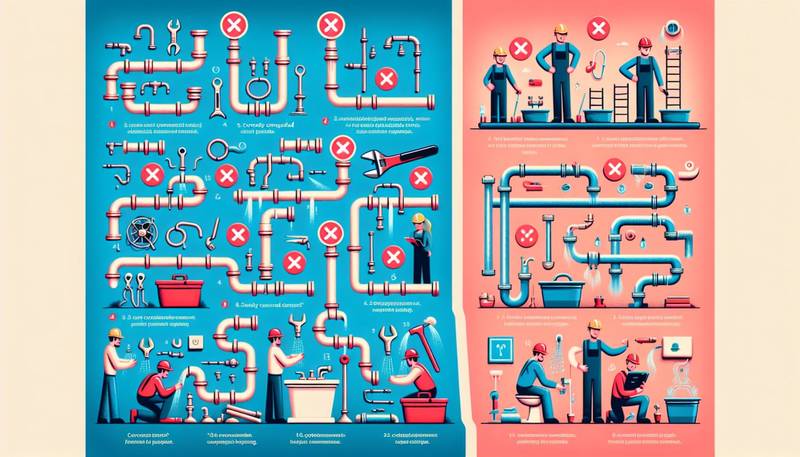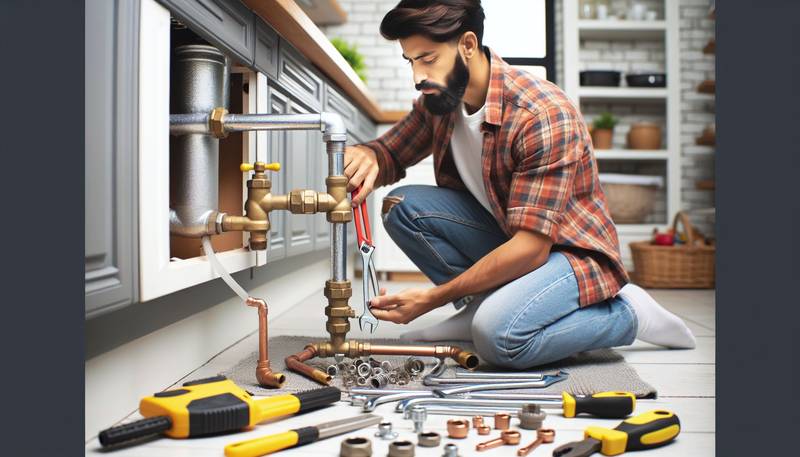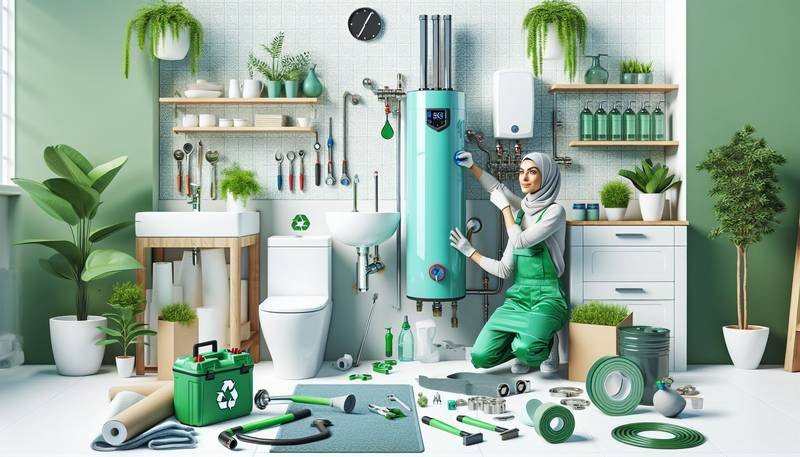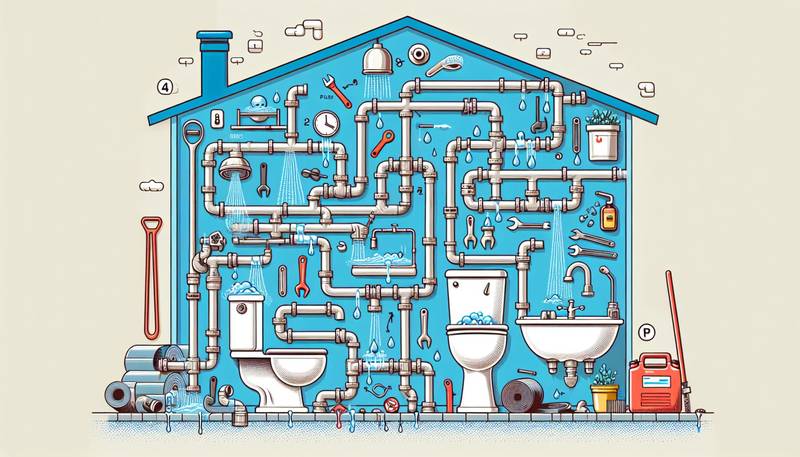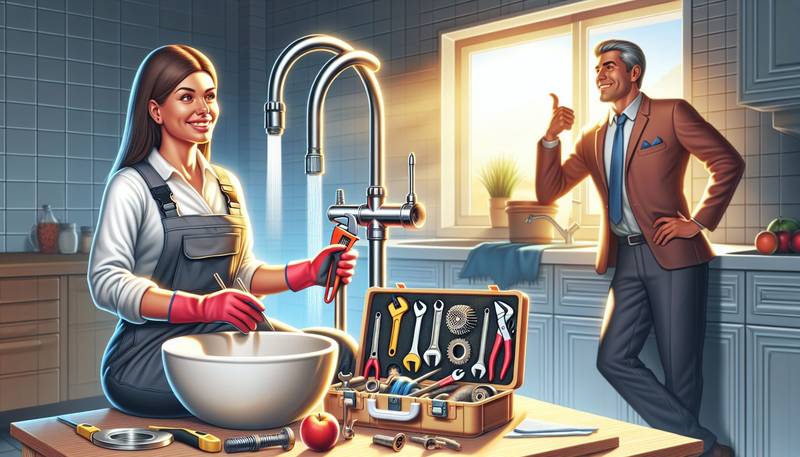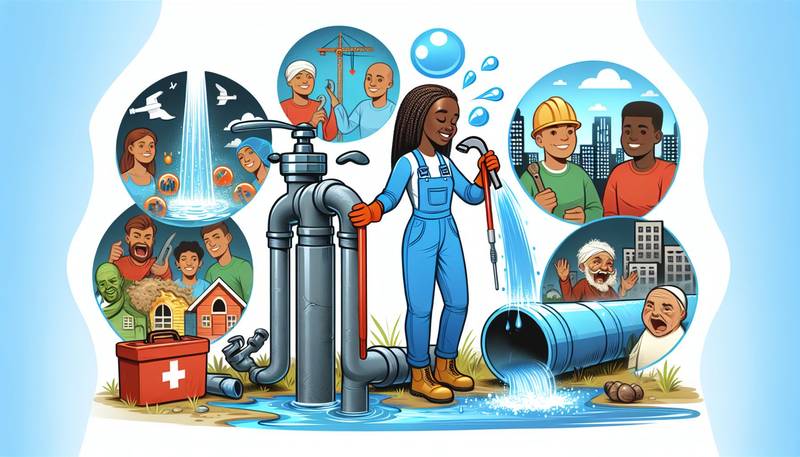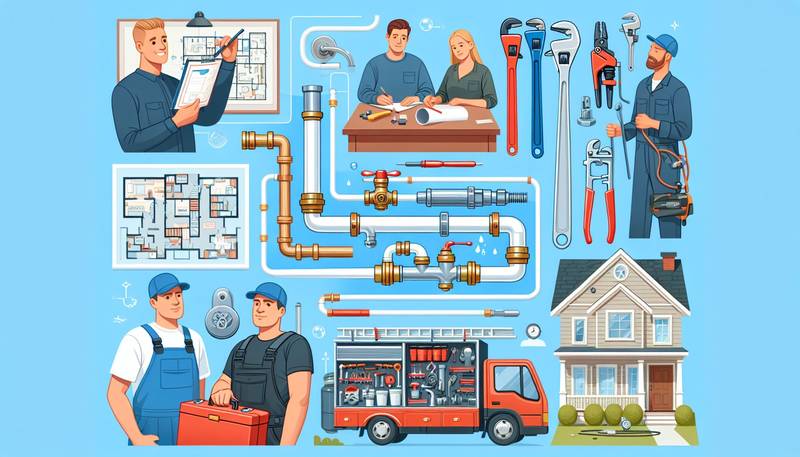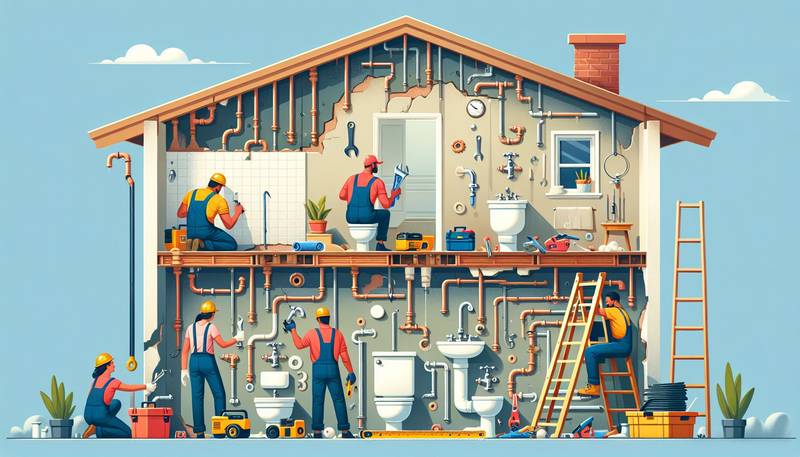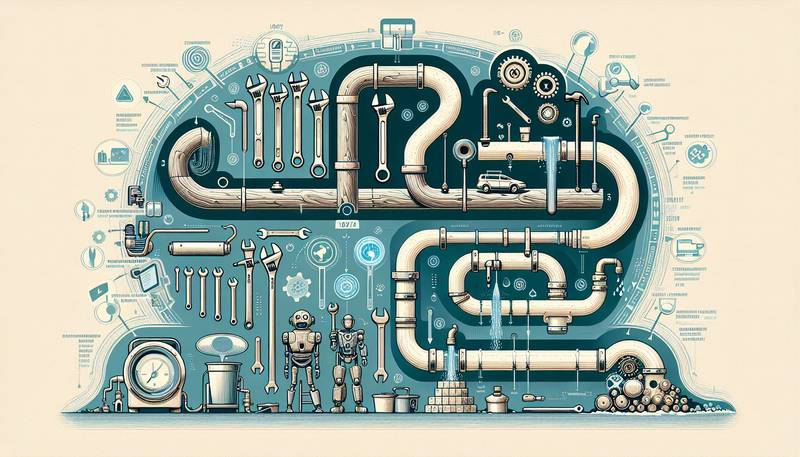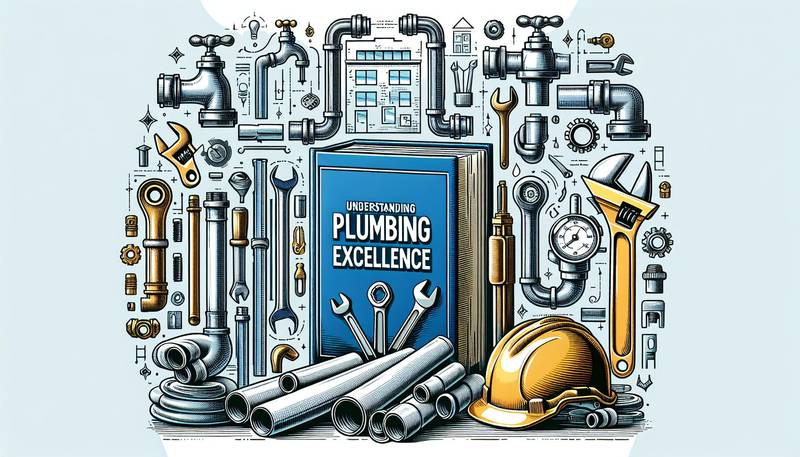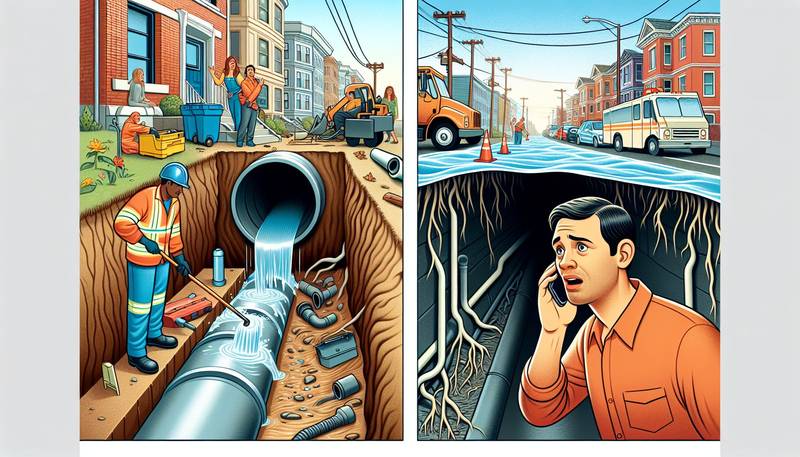Common Mistakes in Plumbing Jobs and How to Avoid Them
However, mistakes in plumbing jobs can lead to costly repairs, water damage, and even health hazards. In this article, we will discuss some common mistakes in plumbing jobs and provide tips on how to avoid them.
Not Using the Right Tools
One of the most common mistakes in plumbing jobs is not using the right tools for the job. Using the wrong tools can lead to damaged pipes, improper fittings, and even injury. It is essential to use the correct tools for each task, whether it is tightening a fitting or unclogging a drain. Investing in high-quality tools and keeping them well-maintained can save you time and money in the long run.
Ignoring Local Building Codes
Another common mistake in plumbing jobs is ignoring local building codes and regulations. Plumbing work must comply with specific codes to ensure the safety and efficiency of the system. Ignoring these codes can result in fines, failed inspections, and even the need to redo the work. Before starting any plumbing job, make sure to familiarize yourself with the local building codes and obtain any necessary permits.
Overtightening Fittings
Overtightening fittings is a mistake that can lead to damaged pipes, leaks, and other problems. When tightening fittings, it is essential to use the appropriate amount of force and avoid over-tightening. Using a torque wrench can help ensure that fittings are properly tightened without causing damage. Remember that fittings only need to be snug to prevent leaks, not excessively tight.
Using Incorrect Pipe Materials
Using incorrect pipe materials is another common mistake in plumbing jobs. Different types of pipes are suitable for different applications, and using the wrong type of pipe can lead to leaks, corrosion, and other issues. Before starting a plumbing job, make sure to research the best pipe material for the specific application and ensure that all pipes are compatible with each other.
Not Inspecting for Leaks
Failing to inspect for leaks is a mistake that can result in water damage and wasted resources. After completing a plumbing job, it is essential to thoroughly inspect all connections and fittings for leaks. Look for signs of water damage, such as dampness, mold, or mildew, and address any leaks immediately. Regularly inspecting your plumbing system can help prevent costly repairs and ensure that everything is working correctly.
Improper Drain Cleaning
Improper drain cleaning is a common mistake that can lead to clogs, backups, and damage to your plumbing system. Using harsh chemicals or improper tools to clean drains can damage pipes and fittings, leading to costly repairs. Instead, use gentle methods such as a plumber's snake or a plunger to clear clogs safely. Regular maintenance of drains can help prevent clogs and ensure that your plumbing system functions properly.
Conclusion
Plumbing jobs require precision, attention to detail, and a good understanding of plumbing systems. By avoiding common mistakes such as using the wrong tools, ignoring building codes, overtightening fittings, using incorrect pipe materials, skipping leak inspections, and improper drain cleaning, you can ensure that your plumbing jobs are successful and prevent costly repairs down the line. Remember to always prioritize safety, follow best practices, and seek professional help if needed. With the right knowledge and tools, you can tackle any plumbing job with confidence.
